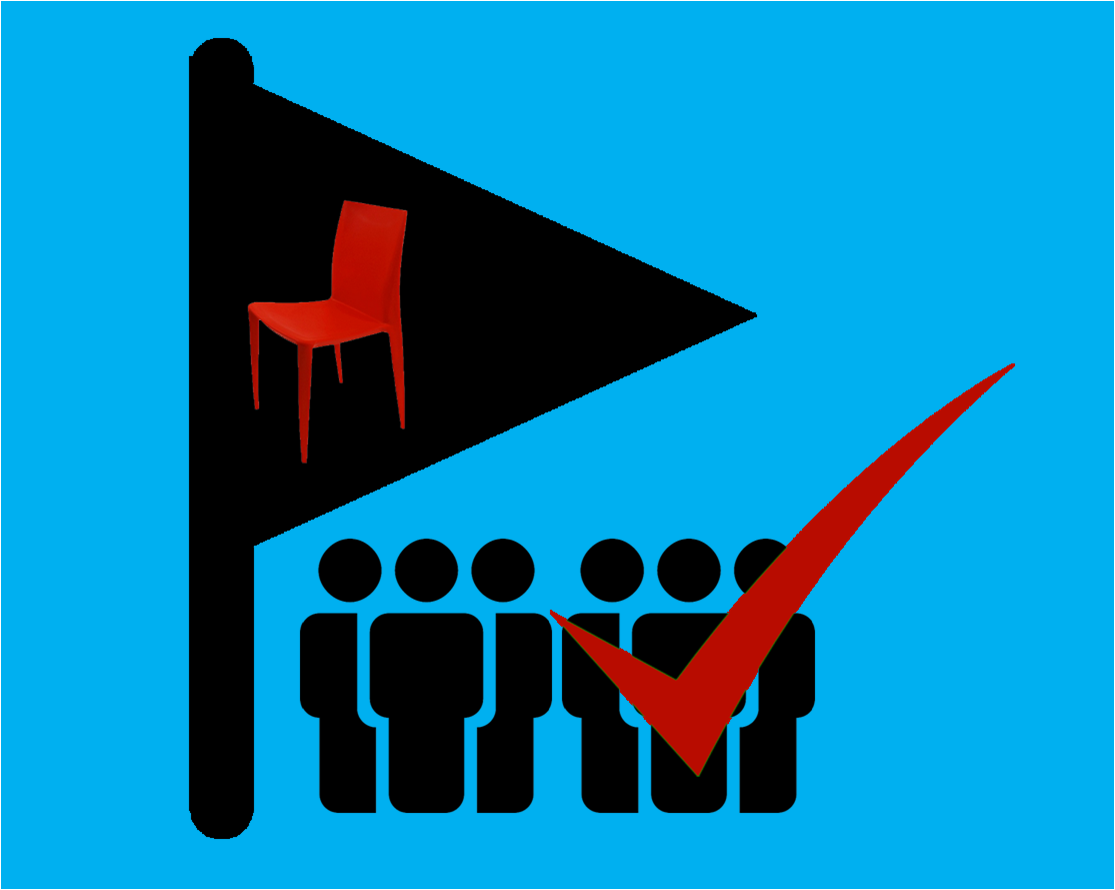
Is it fair that elected board from election result, elected directly by the people, is dismissed from his public position by the party? Fahri Hamzah, one of the board of the Prosperous Justice Party in last 2014 election, dismissed by the party, an institution that does not pay for him even he has to set aside his salary for the party. Fahri*s party membership was terminated for all positions and levels by the party who he also founded called Justice Party. This vice chairman of the House of Representatives was considered indiscipline against the direction of the party leadership and courtesy values that were inappropriate to the party*s character.
There are no legal problems of Fahri as a board member. The first chairman of The United Front of Indonesian Muslim Students (KAMMI) is not currently suspected for corruption. Fahri is unrelated to “Beef Importation Scheme” case with Lutfi Hasan Ishaaq, former Chairman of PKS, which remains a member of the party despite the corruption case and imprisonment. Fahri does not behave like his colleague, Arifinto who was watching porn on his cell phone during court in the Parliament. There was no public pressure against Fahri as experienced by Arifinto and LHI to resign from the position of the board.
If referring to presence/absence of legal issues, Fahri*s dismissal is unreasonable. However, what is the perspective of the electoral system to explain the case of board dismissal by the party?
Disproportionate of Proportional system
Article 22E Paragraph (3) of the 1945 Constitution reads, election participants to choose the members of the House of Representatives and the Regional Representatives are political parties. Because DPR & DPRD election participants are only political parties, there is no independent, therefore it can be interpreted that DPR and DPRD electoral system is a proportional electoral system.
Proportional election system which according to the International Institute for Democracy and Electoral Assistance (International IDEA) is called “proportional representation (PR)”, is a system that emphasizes on institutional relationship between people and the party. In this system, in an electoral region, there is more than one seat. This system is commonly faced by majoritarian system that emphasizes on people*s relationships to elected board to sit in a seat in each district (the district system). Orthodoxically, proportional system uses a method to choose party*s symbols in the election ballot, not candidate*s names.
Results of legislative evaluation with proportional system refer to parliamentary party, not board members* names. Suitable system in parliamentary government strengthens political relations between voters* community and the party, not the individual. A form of voter sovereignty is to keep forward / punish the elected party in the next election. Although legislator*s performance is the initial benchmark, final evaluation focuses on the party faction.
Because of the political order, an expert on constitutional law, Fadjroel Falakh interprets that constitutional of electoral system of DPR and DPRD is PR party list. Seats in parliament are the seat of the party faction, not a board seat. Parliamentary Accountability is more focused on faction of the party, not the board personally. In fact, the board is personally responsible to the party, not the voters.
However, it should be noted that since 2004 election, Indonesia has implemented PR candidate list for DPR and DPRD electoral systems. In fact, since the decision of the Constitutional Court in a dispute over election results of DPR (DPD) and DPRD in 2009 until the 2014 election, Indonesia had introduced an intact system of proportional list of candidates, which means that the elected candidate is the candidate with the most votes if the total votes obtained by party and every candidate are in accordance with the value of one or more seats.
In the system of proportional election list of candidates, party*s electability actually shifted toward the figure of the candidate. Institutional electability turned into personal electability. Votes and seats gained depend on candidates offered in the election. Relevance is strengthened, because from 2004 to 2014 the number of voters who chose candidates had increased significantly compared to voters who simply chose the party logo.
As an illustration, we can refer to the results of the 2014 election in the constituency of West Nusa Tenggara, where Fahri politically contested. Fahri obtained more than 150 thousand votes. This amount was too many to be compared to voters who chose “Kabah*s picture of paddy flanked by two crescents”. Even if voters who chose PKS logo were combined to other PKS candidates in NTP electoral district, Fahri*s votes still surpassed them.
This electoral system, which contains variables concerning election procedure and vote count as well as representation, makes proportional electoral system of Indonesia disproportionate. The deciding factor of votes to gain seats is personally candidate but the one who determines the time of service in the parliament of the elected council is the party.
We can go back again to the question, is it fair that elected council of proportional election list of candidates is dismissed by the party? The answer is, it isn*t, but what can we say, we can interpret this based on the regulation. We can conclude that Law No.8 / 2012 on the legislative elections in Indonesia used to set the current electoral system is not fair or inconsequential.
At this unfairness point, the board as a person who represents a collection of the popular vote becomes weak and not independent. It makes us realize why candidates when elected become more obedient to the party than the people who choose them. This is a strong signal that the position of the people, as the owner of a democratic state sovereignty of the Republic of Indonesia, is still low. []
USEP HASAN SADIKIN
Translated by SL
 Rumah Pemilu Indonesia Election Portal
Rumah Pemilu Indonesia Election Portal




